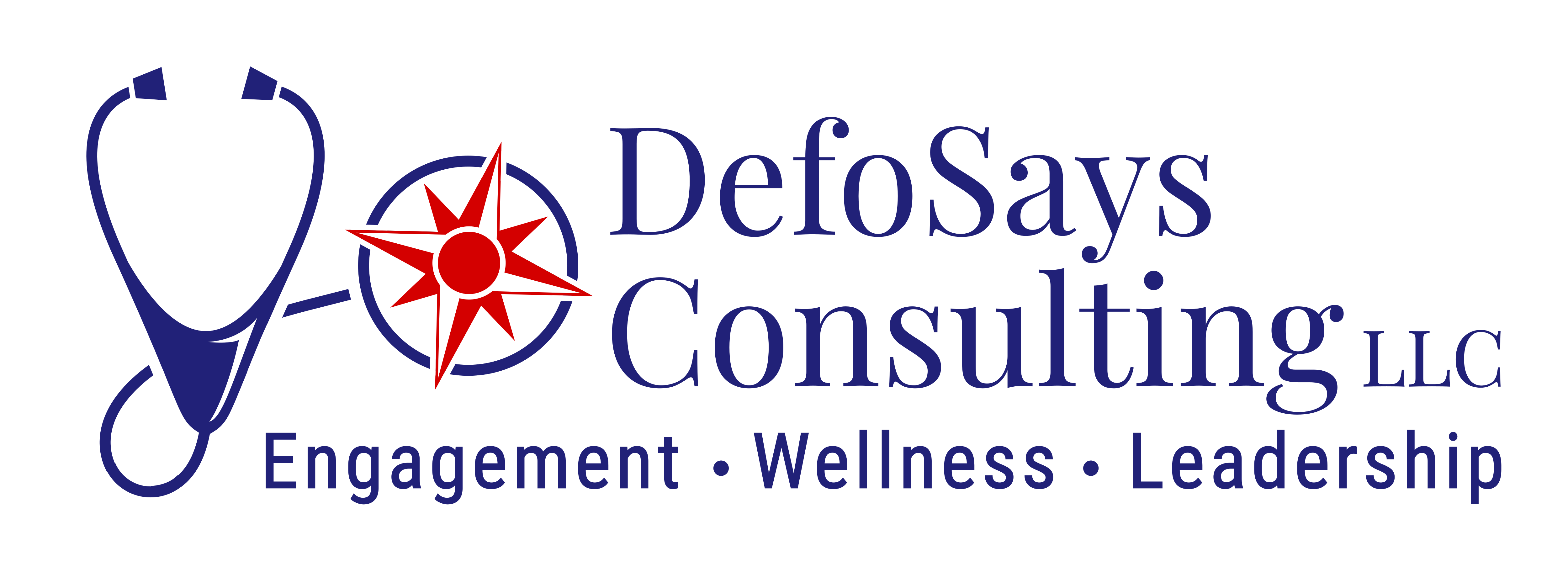
Fast take:
- Monoclonal antibody therapy is an important but underused treatment for preventing severe disease and death from COVID-19.
- Monoclonal antibody therapy is the best available therapy for people over 12 years of age who test positive for COVID-19 and who have risk factors for severe disease.
- It reduces hospitalizations and death by 75% to 85%.
- It is provided free of charge to any US resident.
Real fast take: Monoclonal antibody therapy is safe; it’s effective and it saves lives: use it!
Monoclonal Antibody Therapy:
Monoclonal antibody therapy is the most effective treatment to date to prevent patients with mild or moderate cases of COVID-19 from developing severe disease, hospitalization, ICU admission, intubation and death. Monoclonal antibody therapy reduces the number of viruses in the patient and lessens symptom severity. It has been demonstrated to reduce COVID-19 hospitalizations and death by 75% to 85%.
When administered within 10 days of onset of COVID-19 symptoms, this one-time treatment is highly effective in killing the virus, preventing symptoms from worsening, and avoiding hospitalization. When administered early, many patients report a rapid and complete resolution of symptoms.
Please remember, monoclonal antibody therapy is not a substitution for vaccination. Vaccination is still the best first line of defense against COVID-19.
What is monoclonal antibody therapy?
This medication consists of antibodies to the virus, quite similar to the antibodies that your own body makes when you are vaccinated or infected with the virus. However, the therapy gives patients an immediate boost in the number of these antibodies. These antibodies are synthesized in a lab. They do not come from other patients.
The monoclonal antibodies kill the virus early before the virus can multiply and make a patient very sick. These antibodies attack the so-called spike protein on the virus, blocking the virus from attaching to a patient’s cells. This slows the growth of the virus within the patient, while the patient’s own body revs up its own natural immunity systems.
The US Food and Drug Administration (FDA) issued emergency use authorization for monoclonal treatments for COVID-19 patients or exposed people, aged 12 and older, who are at moderate or high risk for developing severe COVID-19 disease. This includes many or most adult COVID-19 patients in the US.
Monoclonal antibody therapy involves administering a small amount of medication intravenously (into your vein) over 20 to 30 minutes, or it can be administered subcutaneously (as injections under your skin). The single treatment is followed by an hour of patient monitoring.
This therapy can be administered in an outpatient medical clinic, an emergency room, a long-term care setting such as a nursing home or even in a patient’s home.
For those who would like a more in-depth discussion of the benefits of monoclonal antibody therapy, here is the link to a one hour webinar, with 5 Massachusetts experts, which I moderated for the Massachusetts Health & Hospital Association’s physician leaders on November 22, 2021.
Which patients are eligible to receive monoclonal antibody therapy?
This medication is available for use in patients who are not yet sick enough to be hospitalized and who are at an increased risk for progression to severe disease, hospitalization, and death and who are at least 12 years old.
This therapy can also be given to high-risk patients (for example, nursing home residents) who have simply been exposed to COVID-19, prior to testing positive for COVID-19. We call this prophylactic therapy.
Who is considered at increased risk for severe COVID-19 disease, and therefore an ideal candidate for early treatment with this life-saving disease as an outpatient?
- Anyone who is
- Overweight or Body Mass Index (BMI) of greater than 25: use this link to calculate your BMI or
- Over 65 years old, or
- Pregnant, or
- Immunocompromised, or
- Dependent on a medical technology such as a feeding tube
- OR any patients who suffer from:
- Chronic kidney disease, or
- Diabetes, or
- Heart disease, or
- High blood pressure, or
- Chronic lung disease including COPD, or
- Sickle cell disease
If you have tested positive for COVID-19 within the past 10 days, please contact your healthcare professional to discuss monoclonal antibody therapy. The sooner, the better.
Anywhere within the United States, US patients can click here to find a treatment center near you.
Are there side effects to monoclonal antibody treatment?
Allergic reactions can happen with the administration of this medication, like any medication. Patients are therefore evaluated for the development of any signs of allergic reaction for one hour after this one-time treatment.
Most experts believe that these antibodies may limit your own body’s ability to develop an immune response during a subsequent COVID-19 vaccination for a brief period of time. Hence currently, it is recommended that patients delay COVID-19 vaccination for 90 days after receiving monoclonal antibody treatment. Other rare side effects can occur. Feel free to discuss this with your healthcare provider.
Joint MMS – MA DPH announcement:
Just this week, the Commonwealth of Massachusetts’ Department of Public Health and the Massachusetts Medical Society issued this joint statement, strongly urging health care practitioners and providers to consider using monoclonal antibody therapy for their patients who are infected with COVID-19 or have been exposed to COVID-19 when clinically appropriate.
In Summary:
Do yourself a favor; do your family and friends a favor and do me a favor; if you test positive for COVID-19 and qualify for this life saving treatment, seek it out. The life you save may be your own.

2 Comments
Thank you for publishing this healthcare information!
Thanks for your kind words Darrell.
Wishing you the warmest of happy holidays and a healthy new year.
Be well,
Steve